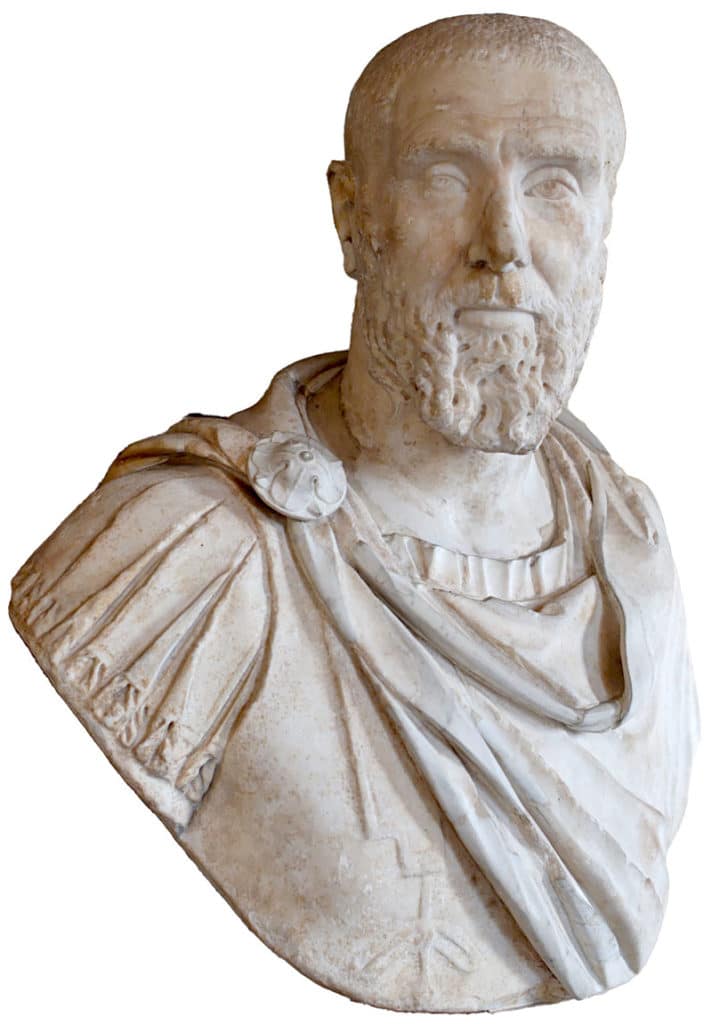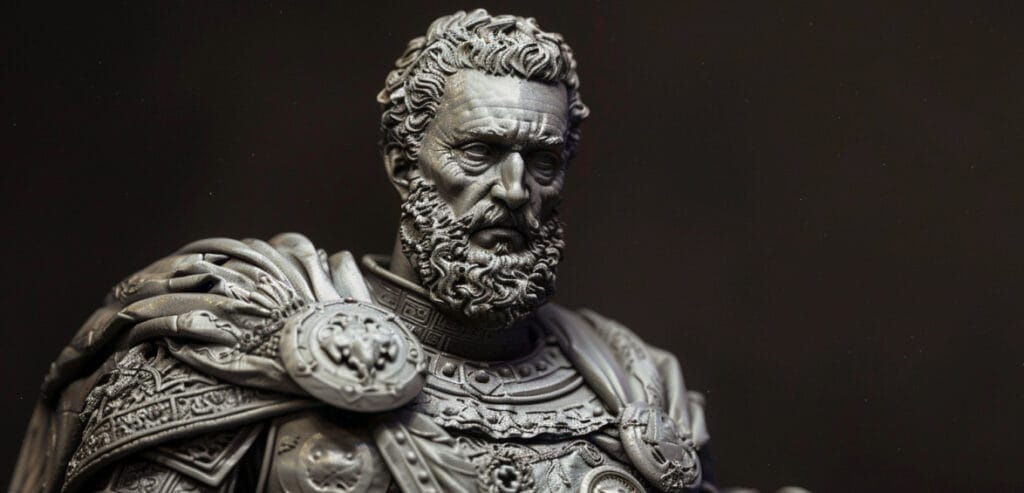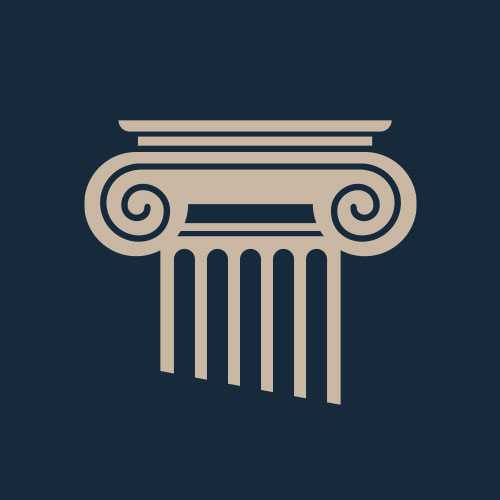Life: AD c. 164 – 238

- Name: Marcus Clodius Pupienus Maximus
- Born AD ca. 164.
- Consul AD 217, 234.
- Became emperor in February AD 238.
- Wife: unknown (two sons; Titus Clodius Pupienus Pulcher Maximus; Marcus Pupienus Africanus; one daughter; Pupiena Sextia Paulina Cethegilla)
- Died in Rome, May AD 238.
Little is known of Pupienus background.
He was in his 60’s or 70’s at the time of his accession. He was a distinguished patrician, whose career saw him become consul twice, in AD 217 and 234, and which brought him the governorships of Upper and Lower Germany, as well as of Asia. However, as city prefect of Rome in the 230’s he had made himself very unpopular with the people by his severity.
The failure of the Gordian revolt left the senate in dire straits. It had publicly committed itself to the new regime. Now, with the Gordians dead and Maximinus on the march towards Rome, they needed to fight for their survival.
During the brief reign of the two Gordians 20 senators had been selected to organize the defence of Italy against Maximinus. Meeting in the Temple of Jupiter on the Capitol, the senate now chose from these twenty Balbinus and Pupienus, to be their new emperors, – and to defeat the despised Maximinus.

For the latter task both of the new emperors possessed not only extensive civil, but also military experience.
These two joint emperors were something altogether new in Roman history.
With previous joint emperors, such as Marcus Aurelius and Lucius Verus, there had been a clear understanding that one of the two was the senior emperor.
But Balbinus and Pupienus were equal, sharing even the position of pontifex maximus.
Though the new government was not at all welcome by the people of Rome. Pupienus was deeply unpopular. But generally the populace disliked haughty patricians being chosen to rule over them. Instead they wanted a emperor drawn from the family of the Gordians.
The senators were even pelted with stones as they sought to leave the Capitol.
So, in order to quell the anger of the people, the senators called for the young grandson of Gordian I to be Caesar (junior emperor).
This measure was a very shrewd one, as it was not only popular but also granted the emperors access to Gordian’s considerable family wealth with the help of which one distributed a cash bonus to the Roman population.
Pupienus now left Rome to lead an army north against Maximinus, whilst Balbinus staid in the capital.
But the fight intended for Pupienus and his troops never occurred. The two senators Crispinus and Menophilus defied Maximinus and his starving troops at Aquileia and managed to repulse his attempts to storm the city. In turn Maximinus’ army mutinied and killed their leader and his son.
Meanwhile Balbinus back in Rome had a serious crisis on his hands, when two senators, Gallicanus and Maecenas, had a group of praetorians, entering the senate, killed. The infuriated praetorians sought revenge. Senator Gallicanus even went as far as forming a force of his own made up of gladiators to fight off the guardsmen. Balbinus desperately tried to get control of the situation but failed. In all this chaos a fire broke out which cause tremendous damage.
The return of Pupienus should have calmed the situation, but did so only very briefly.
Cracks now began to show between the two emperors. Balbinus whose standing had suffered greatly during the mayhem which had befallen the capital felt threatened by his colleagues triumphant return.
And yet they began to make plans for campaigns against the barbarians. Balbinus would fight the Goths on the Danube and Pupienus would take the war to the Persians.
But such fanciful plans should all come to nothing. The praetorians still angry at the recent happenings in Rome, now saw Pupienus personal German bodyguard as a threat to their own standing as the guardsmen of Rome. At the beginning of May, at end of the Capitoline Games, they moved on the palace.
Now more than ever the rifts between the two emperors showed, as they quarreled whilst the praetorians closed in on them. For at this critical moment Balbinus didn’t want to use the German bodyguard as he believed it would not only fend off the praetorians but also depose him.
Their inability to trust each other proved fatal.
The praetorians entered the palace unopposed, seized the two emperors, stripped them and hauled them naked through the streets towards their camp. When news reached them that the German bodyguard was on its way to rescue the two helpless captives, the praetorians slaughtered them and, leaving the corpses in the street, made for their camp.
The two emperors had reigned for 99 days.

Historian Franco Cavazzi dedicated hundreds of hours of his life to creating this website, roman-empire.net as a trove of educational material on this fascinating period of history. His work has been cited in a number of textbooks on the Roman Empire and mentioned on numerous publications such as the New York Times, PBS, The Guardian, and many more.
